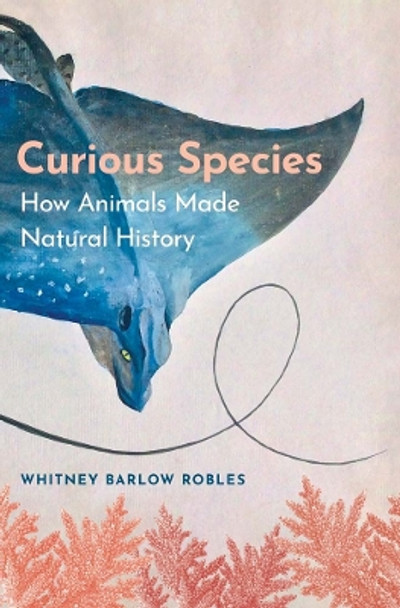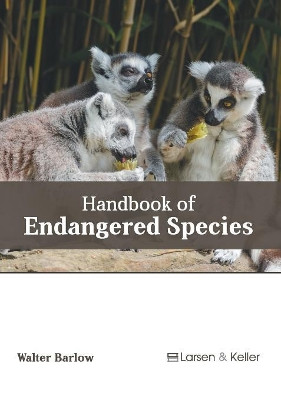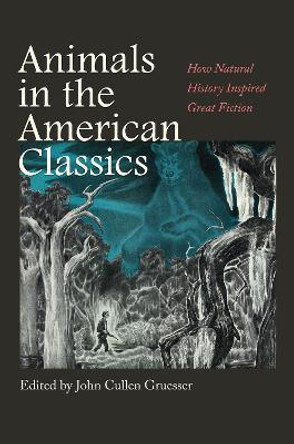Description
Can corals build worlds? Do rattlesnakes enchant? What is a raccoon, and what might it know? Animals and the questions they raised thwarted human efforts to master nature during the so-called Enlightenment-a historical moment when rigid classification pervaded the study of natural history, people traded in people, and imperial avarice wrapped its tentacles around the globe. Whitney Barlow Robles makes animals the unruly protagonists of eighteenth-century science through journeys to four spaces and ecological zones: the ocean, the underground, the curiosity cabinet, and the field. Her forays reveal a forgotten lineage of empirical inquiry, one that forced researchers to embrace uncertainty. This tumultuous era in the history of human-animal encounters still haunts modern biologists and ecologists as they struggle to fathom animals today.
In an eclectic fusion of history and nature writing, Robles alternates between careful historical investigations and probing personal narratives. These excavations of the past and present of distinct nonhuman creatures reveal the animal foundations of human knowledge and show why tackling our current environmental crisis first requires looking back in time.
About the Author
Whitney Barlow Robles is an award-winning writer, historian, and curator based in Raleigh, North Carolina. She received her Ph.D. in American studies from Harvard University. Her work has appeared in venues such as William and Mary Quarterly, New England Quarterly, and Commonplace.
Reviews
Shortlisted for the Kenshur Prize, sponsored by the Indiana University Center for Eighteenth-Century Studies
Received Honorable Mention for the Lois P. Rudnick Book Award from the New England American Studies Association
"Full of insight and wit, Curious Species is a genre-expanding account of knowledge and politics. Deeply researched and a joy to read, this book illuminates the ways animals from rattlesnakes to raccoons co-made our understandings of them."-Bathsheba Demuth, author of Floating Coast: An Environmental History of the Bering Strait
"A provocative, sparklingly written hybrid work combining original historical scholarship with lively first-person narrative and natural historical observation."-Anya Zilberstein, author of A Temperate Empire: Making Climate Change in Early America
"Early modern cabinets of curiosity generated sensations of wonder. So does Curious Species, with its awe-inspiring tales from the past and breathless accounts of Whitney Barlow Robles's fearless pursuit of rare coral, raccoons, and rattlesnakes."-Peter C. Mancall, author of Nature and Culture in the Early Modern Atlantic
"Curious Species is exceptional: Whitney Robles has crafted a highly original, convincing, nuanced, and thought provoking study of how curiosity and animal nature overlap to shape, inspire, and circumscribe knowledge."-Cameron B. Strang, author of Frontiers of Science: Imperialism and Natural Knowledge in the Gulf South Borderlands, 1500-1850
"A captivating account of the many ways in which humans and other animals made each other 'curious,' in the eighteenth century and today. Whitney Barlow Robles expertly leads us in pursuit of Enlightenment naturalists as they observe, describe, depict, collect, and preserve corals, rattlesnakes, fish, and raccoons across the world, and reflects on what it means to follow in their footsteps in the present."-Daniela Bleichmar, author of Visual Voyages: Images of Latin American Nature from Columbus to Darwin
Book Information
ISBN 9780300266184
Author Whitney Barlow Robles
Format Hardback
Page Count 328
Imprint Yale University Press
Publisher Yale University Press







